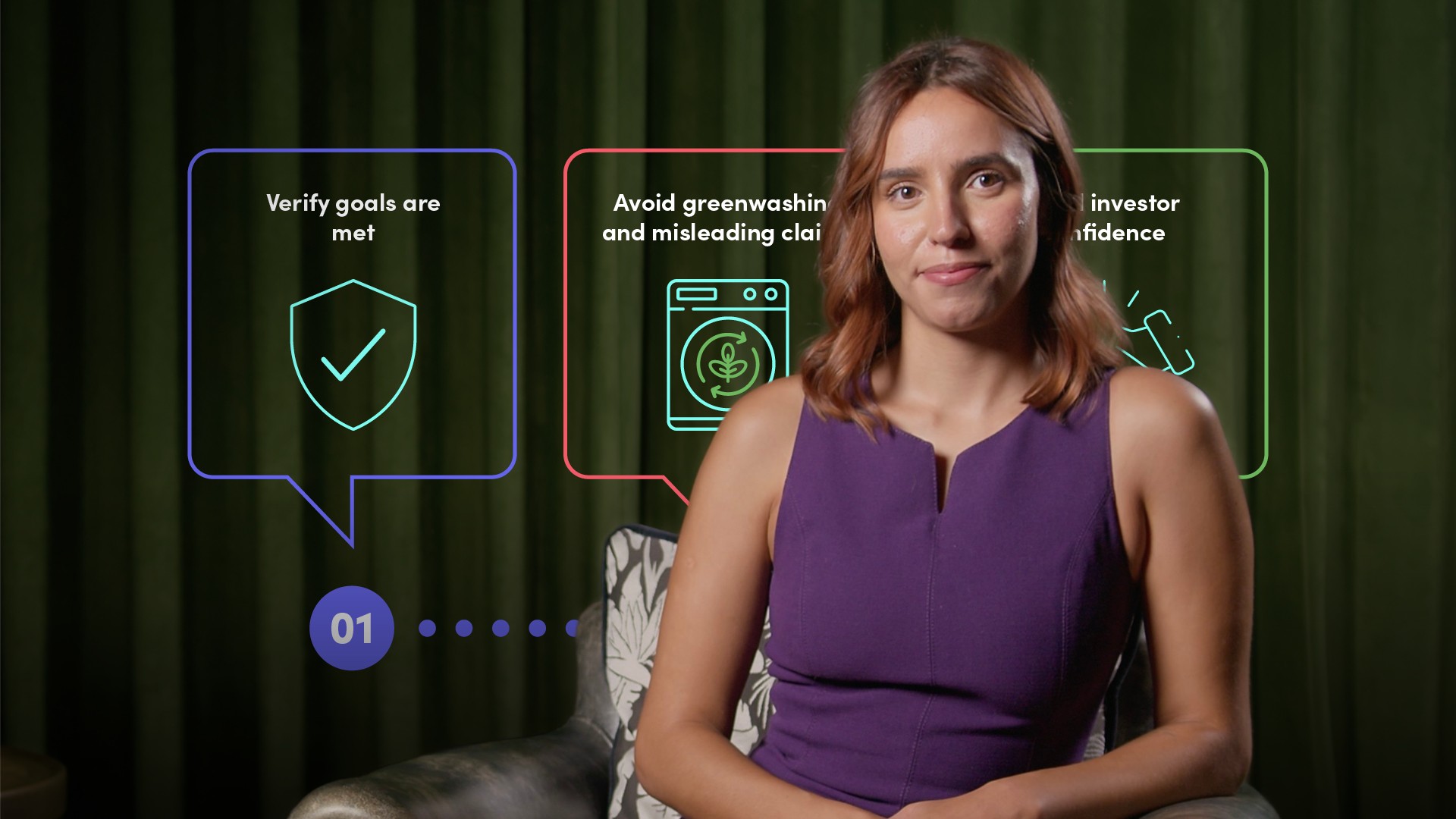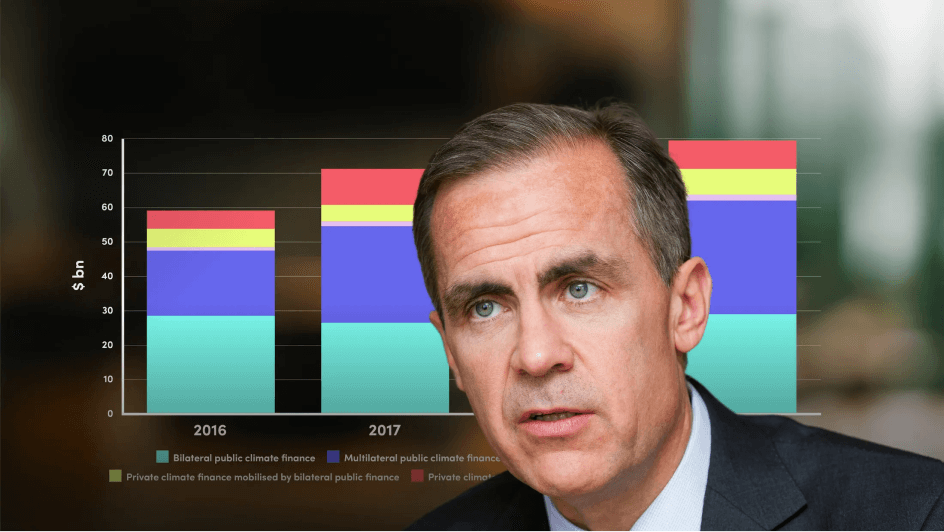
The Importance of Reporting

Meggie Eloy
5 years: Technical analysis
In this video, Meggie dives into the critical role of reporting in labelled bonds and why transparency is key to maintaining trust in sustainable finance. She explains the two main types of reporting pre-issuance external reviews and post-issuance allocation and impact reporting, highlighting how they prevent greenwashing and ensure accountability.
In this video, Meggie dives into the critical role of reporting in labelled bonds and why transparency is key to maintaining trust in sustainable finance. She explains the two main types of reporting pre-issuance external reviews and post-issuance allocation and impact reporting, highlighting how they prevent greenwashing and ensure accountability.

The Importance of Reporting
3 mins 58 secs
Key learning objectives:
Understand the role of reporting in labelled bonds
Recognise the two main types of reporting: external review and post-issuance reports
Identify key components of best-practice reporting
Outline the importance of transparency in building trust and preventing greenwashing
Overview:
- Pre-issuance external review: A third-party reviewer assesses whether the bond meets green/social criteria, aligns with taxonomies, and delivers genuine sustainability benefits.
- Post-issuance reporting: Issuers must demonstrate that funds are being used as promised. This includes:
- Allocation reporting: How funds are distributed across projects
- Impact reporting: The environmental or social benefits achieved
- Allocation of funds: Stating percentage allocated until full deployment
- Impact reporting: Providing quantitative and qualitative metrics on project benefits (e.g. GHG reduction, renewable energy installed, affordable housing provided)
- Geographical distribution: Noting location-specific performance factors (e.g. building energy efficiency varies by region)
- Climate/social objectives: Demonstrating alignment with sustainability goals
- Transparency: Reports should be publicly available via company websites, annual reports, or sustainability disclosures

Meggie Eloy
There are no available Videos from "Meggie Eloy"





















